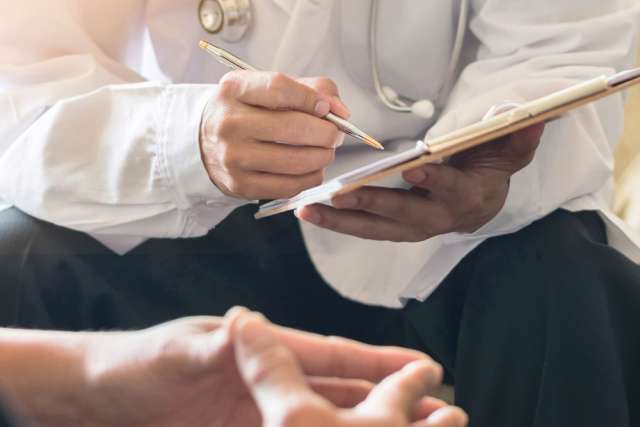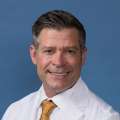Most men between the ages of 18 and 50 are not as engaged as women in their own routine health care, choosing instead to go to the doctor only when something is wrong, says Jesse Mills, MD, director of The Men’s Clinic at UCLA. “As men, once we are done with our last pediatrician visit for our final sports physical, we usually won’t see a physician for any regular checkups until we turn 50,” he says.
Some studies have found that men are 80% less likely than women to utilize a regular source of health care. It is not until men get older, when screening for such diseases as colon cancer generally begin, that they start to seek more regular care. “Men have been taught to ‘play through pain,’ which often translates to not seeking the care they need,” Dr. Mills says. “And unlike women, who see an internist or gynecologist every year, many men between the ages of 18 and 45 or 50 don’t go to see a doctor for routine checkups. That’s a lot of years in a man’s life in which he is missing out on an opportunity to be checked for potential risk factors for a variety of health issues.”
“We want to bring men into the health care system at an earlier age so that they can take the steps that will keep them active and help to prevent the illnesses that commonly afflict men as they age.”
The Men’s Clinic at UCLA aims to change that narrative. The clinic is a comprehensive, multidisciplinary health-and-wellness center that provides another resource in addition to a primary care physician for men to evaluate and manage their general health issues. In addition to treating such concerns as male sexual dysfunction and male infertility, the clinic’s physicians collaborate with experts in other specialties to meet men’s holistic health needs. “We want to bring men into the health care system at an earlier age so that they can take the steps that will keep them active and help to prevent the illnesses that commonly afflict men as they age,” Dr. Mills says. “We want to help identify potential risks, such as high blood pressure, high cholesterol, depression, erectile dysfunction, obesity and risky personal behaviors.”
While sexual or urinary difficulties often are what initially drive many men to the doctor’s office, Dr. Mills looks upon these visits as opportunities to engage men in their overall health. “If I’m seeing a man in his 20s or 30s for fertility issues, I’m also thinking about his risk factors for other conditions and how we can intervene to reduce them,” he says. “If I’m seeing a 40-year-old man who is finished having kids and wants a vasectomy, and I see that he is overweight, I will discuss what he could do to improve his life over the next 10 years to make sure he doesn’t develop heart disease, diabetes or other complications of obesity.”
Sleep, nutrition and exercise also are subjects to be discussed. “The less sleep we get, the weaker we get,” Dr. Mills says. “It messes up our stress hormones, our blood-sugar levels, and it drastically reduces testosterone. Healthy foods that are rich in antioxidants and natural vitamins — leafy green vegetables, dark fruits and lean protein — help to boost the immune system.” And when it comes to exercise, “Men who exercise regularly and follow a clean diet are going to have higher levels of testosterone, a higher libido and a stronger sex drive,” Dr. Mills say.
The key is just getting started. “Everyone’s starting point is going to be different,” he says. “We’re human beings, and we were made to move. The more you do, the easier it gets. That’s the metric for better health.”

